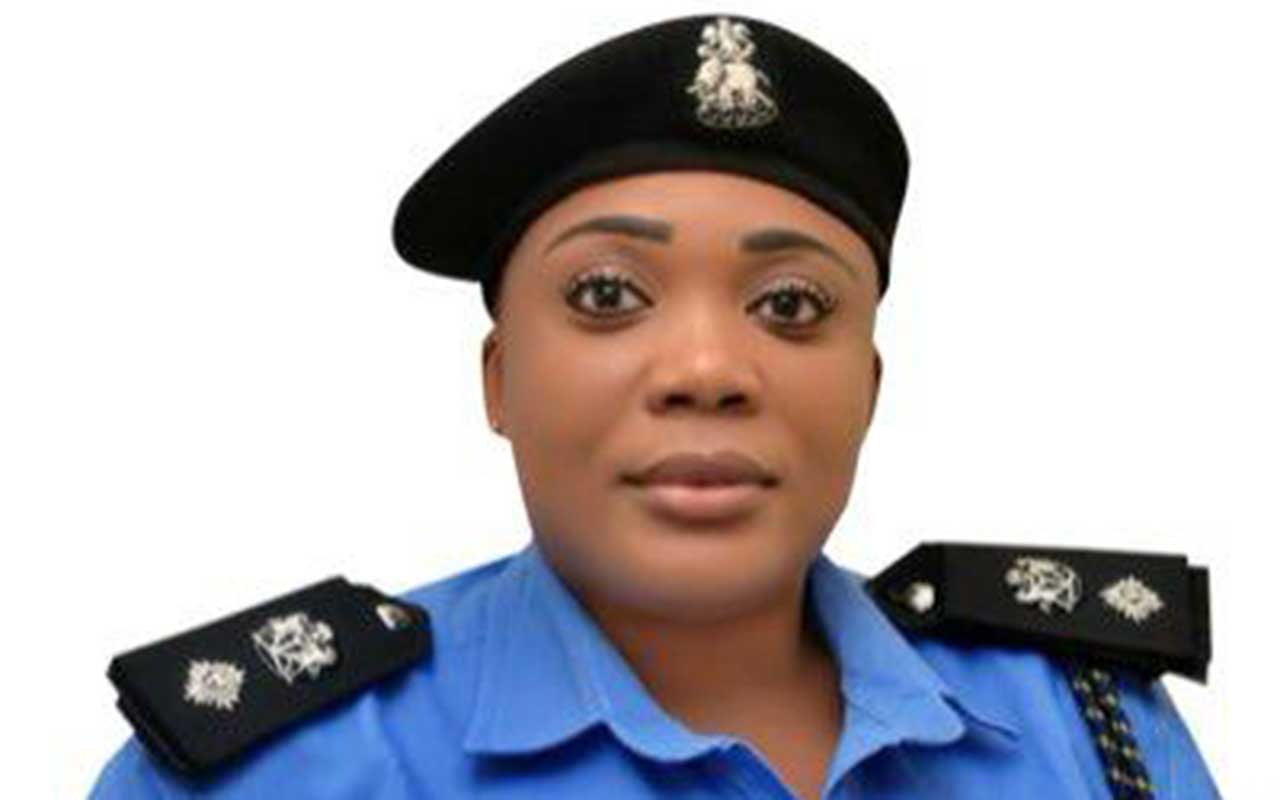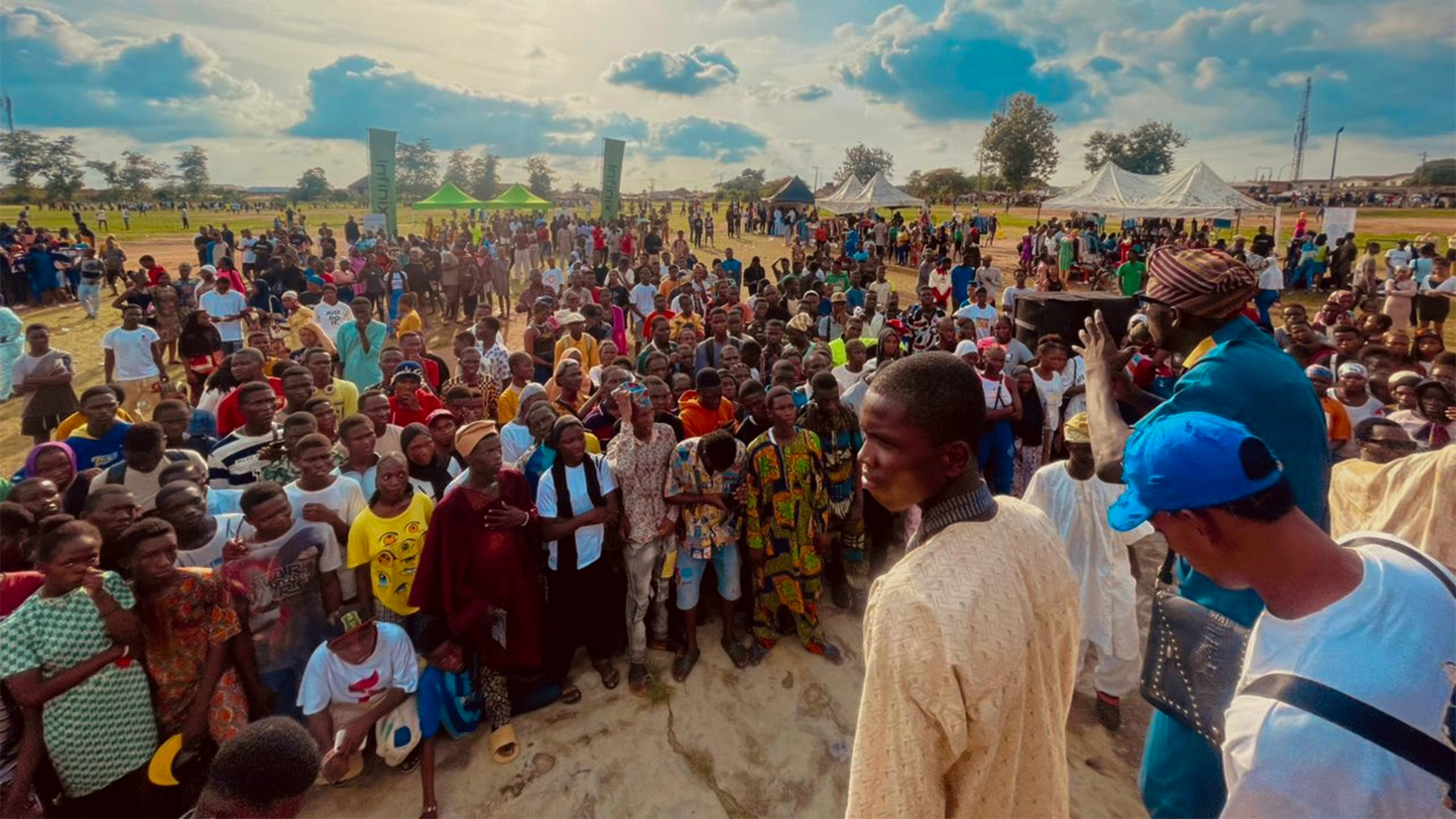Over 15 petitions have been presented at the three-day People’s Tribunal on Human Rights Violations and Environmental Injustice in Port Harcourt, exposing the dark realities of human rights abuses and environmental degradation in Rivers State.
Seven of the petitions were heard on the first day of the tribunal, revealing shocking accounts of injustices perpetrated against Rivers residents.
The tribunal, which opened on Monday, November 17, 2025, in Port Harcourt, the state capital, offered survivors of police brutality, arbitrary detention, and environmental degradation a platform to testify before a panel of prominent jurists, academics, and civil society leaders.
The petitions include cases of domestic violence, farmers and fishermen affected by oil exploration, seeking justice and compensation for their suffering.
The programme, organised by the Social Development Integrated Centre (Social Action), in partnership with the Rosa Luxemburg Foundation and the National Human Rights Commission (NHRC), aimed to address the persistent culture of impunity in the country, particularly in the Niger Delta region.
Programme Coordinator of Social Action, Isaac Boti, lamented that conventional justice mechanisms have failed ordinary citizens, allowing social injustices to go unattended, especially in grassroots communities.
He said: “Conventional justice mechanisms have repeatedly failed ordinary citizens and lots of social injustices have gone unattended, especially in the grassroots.
“Victims remain unheard. Their pursuit of redress is blocked by institutional inertia, weak enforcement of laws and socio-economic barriers that make justice seem impossible for the average Nigerian.”
The proceedings, he stressed, are symbolic yet designed to produce concrete outcomes as testimonies from survivors of security force abuses, domestic abuse and communities affected by oil spills, gas flaring and other forms of environmental degradation will also be entertained.
“Many of the victims are those who are too poor to seek redress through the conventional means. Because we recognise that they are not able to prove their cases through conversational means as a result of limited resources, bureaucratic bottlenecks and cumbersome processes, we decided to bring the tribunal down to the community.
“So far, we have 15 petitions and we have handled seven. We hope to take eight tomorrow and we are still expecting some other petitions by tomorrow.”
Speaking shortly after the first Session, The
Vice Chairman of the Port Harcourt branch of the Nigerian Bar Association (NBA), Emmanuel John, said the rule of law could not be said to be achieved when justice is absent.
He noted that the NBA decided to partner with the Social Action to assist those who are not enabled to seek redress for the different wrongs they have suffered in the hands of powerful individuals and corporate entities.
“The indigents in the society, those who cannot afford the justice system in Nigeria, once the NBA is called upon, we partner with such a body.
“I have seen that most of them have good cases but the way they go about it is another thing and I bet you, from what I gathered today, if they heed the advice that has been given to them, I bet you that can attain justice.”
A victim of marital abuse, Barineme Lekia, who is a native of Khana Local Council, presented her case to the people’s tribunal, and sought advice on how to be compensated following the ill actions of her husband due to a lack of children in the marriage.
“So, what I want the tribunal to do for me is justice. They should call him to settle me and do the necessary things to dissolve the marriage.”
Representatives from the International Federation of Women Lawyers (FIDA), the National Agency for the Prohibition of Trafficking in Persons (NAPTIP) and the Public Complaints Commission were all present alongside observers from the Nigeria Police Force (NPF), the Nigeria Security and Civil Defence Corps (NSCDC) and the Nigerian Army.






